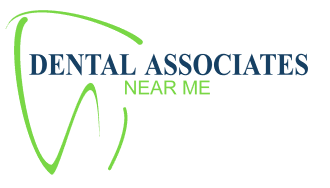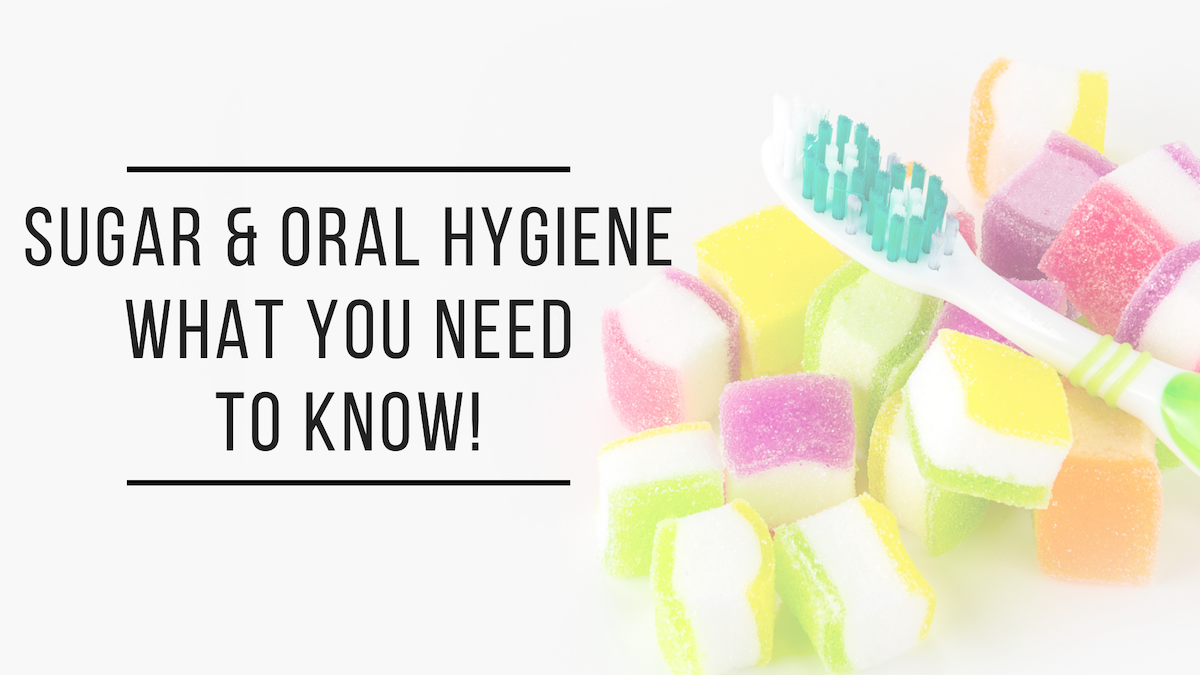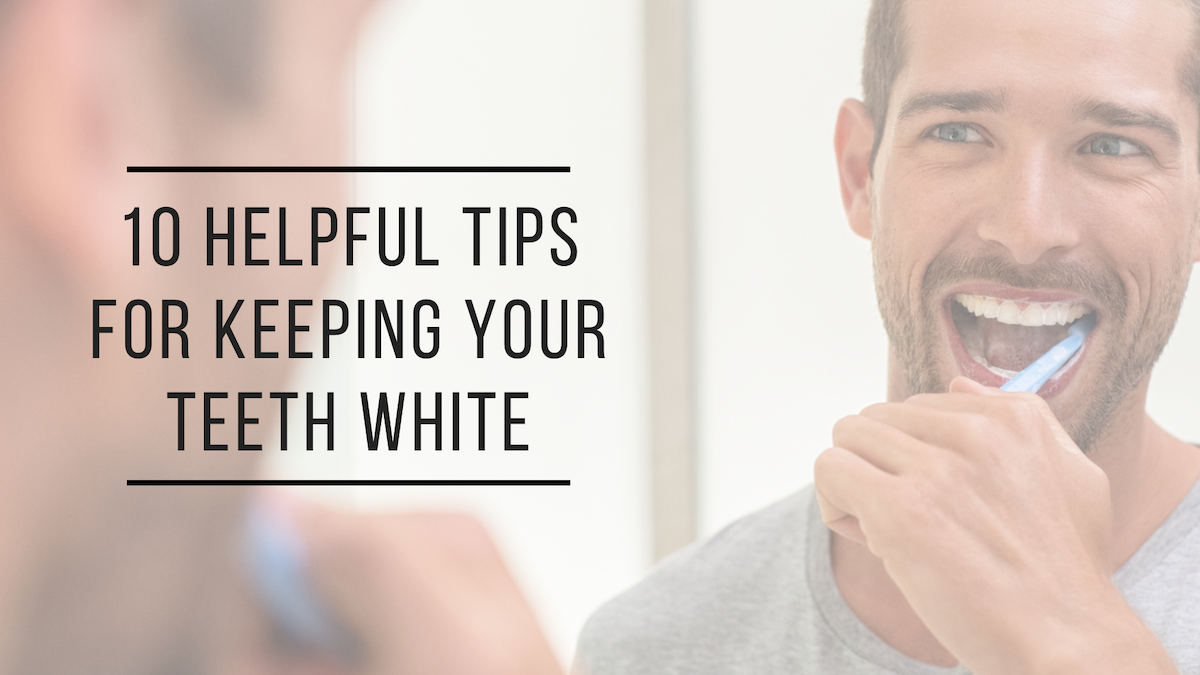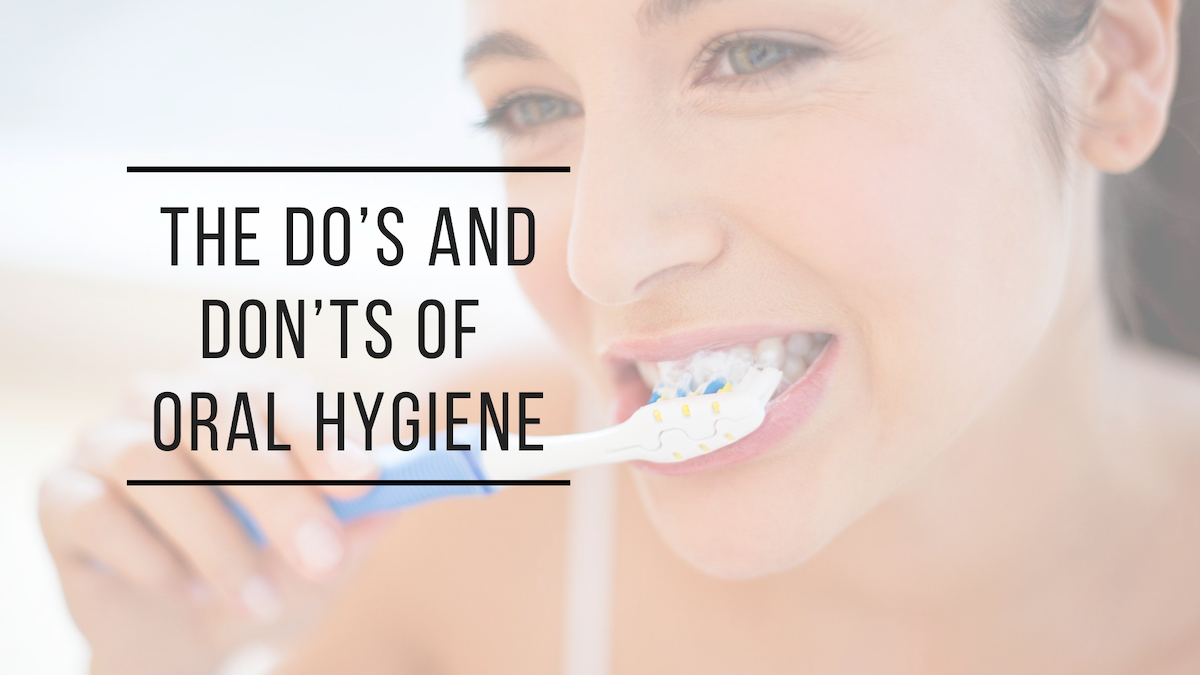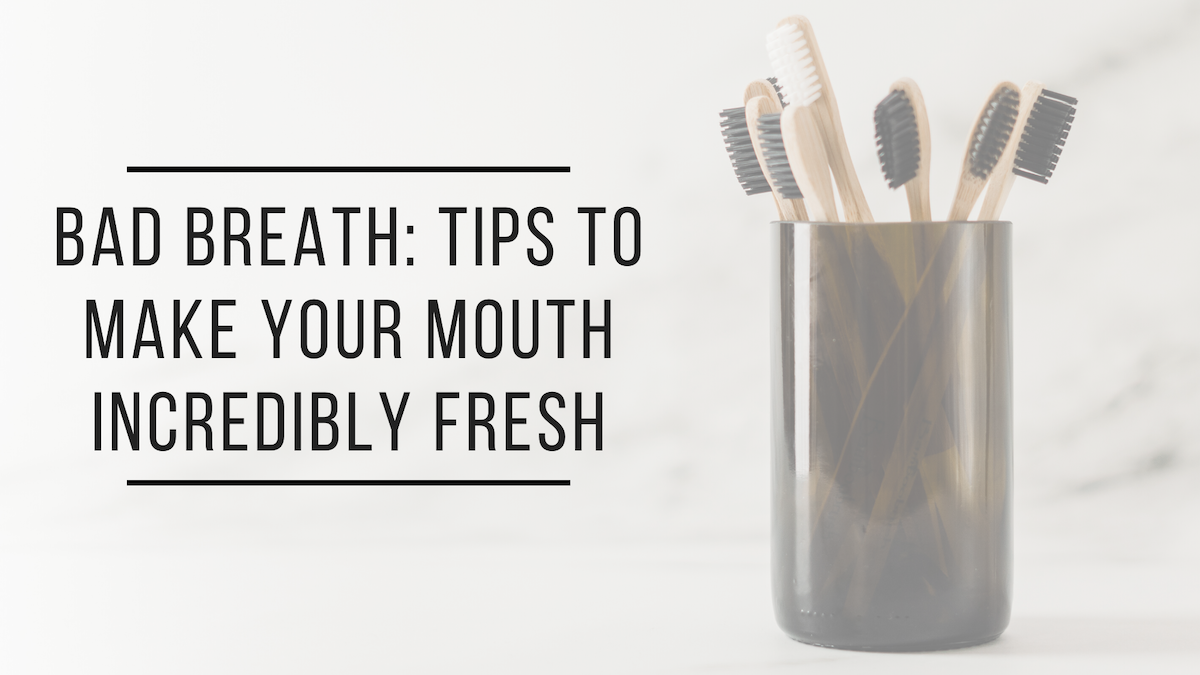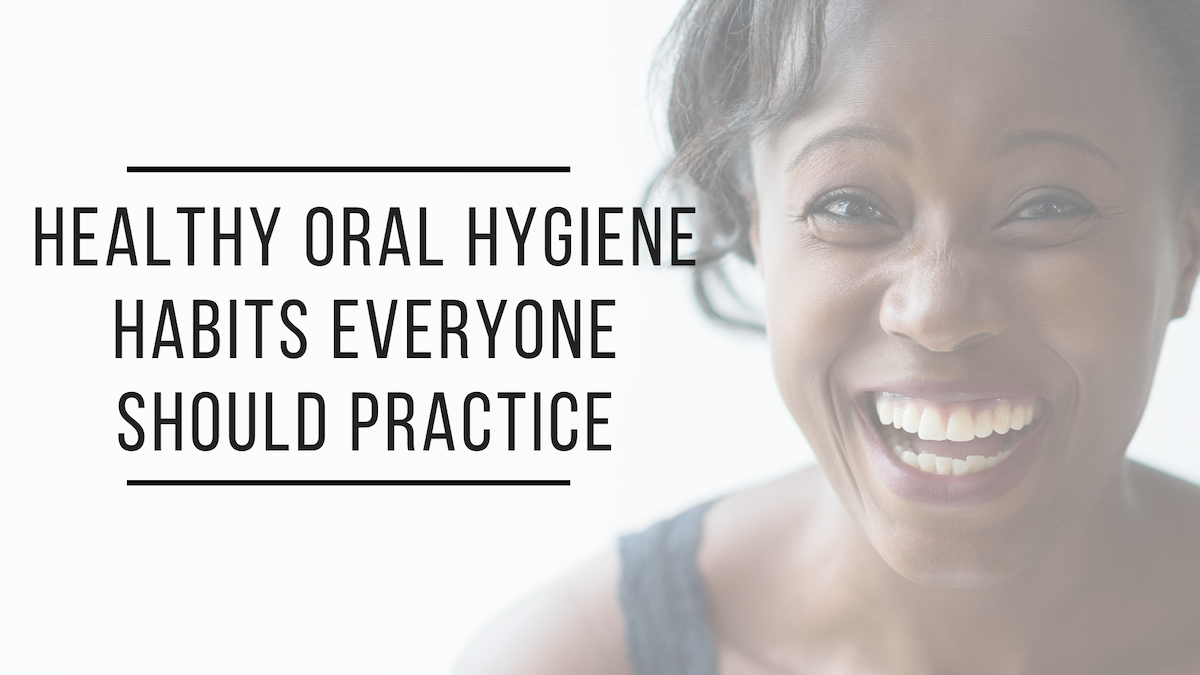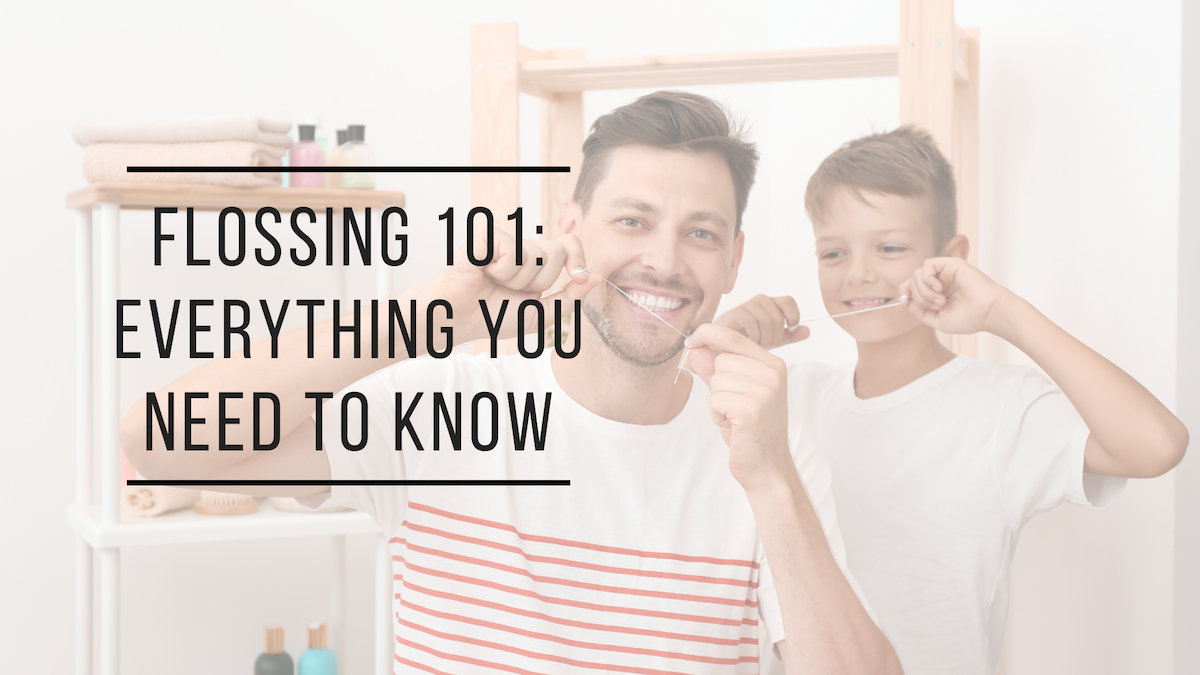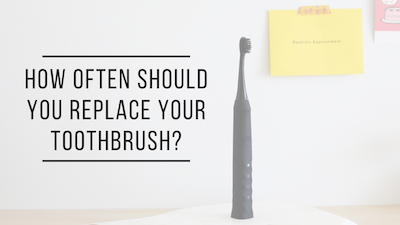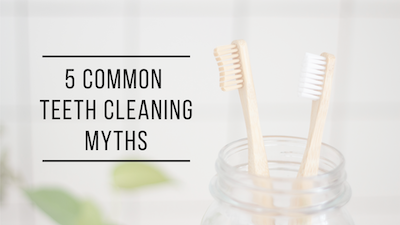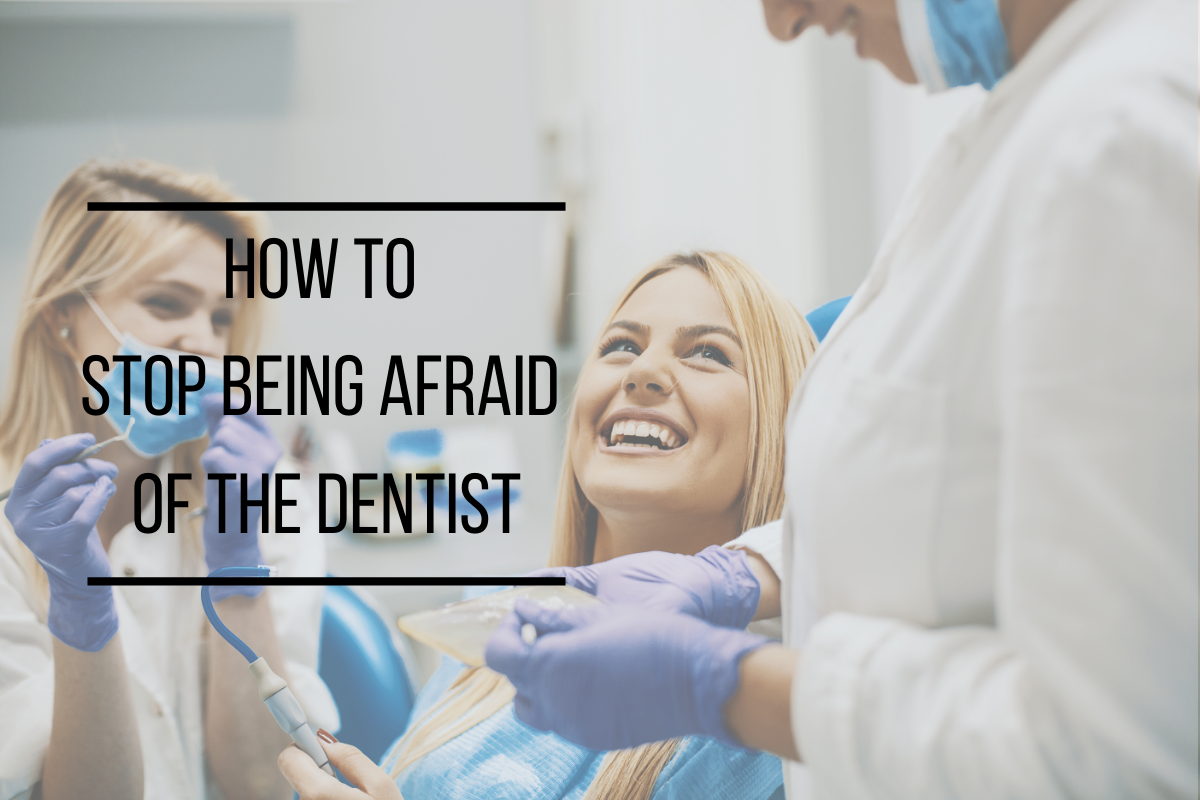We often discuss the foods that are not good for our teeth. But did you know that certain foods can benefit the health of both your teeth and your gums? By adding these foods into your diet, you can brighten your smile, strengthen your teeth, and work towards a healthier, happier smile.
Here are 8 of the best foods to eat for your oral health:
1. Apples
Apples serve many purposes. While it is wise to minimize your intake of sweets, an apple can curb your sweet tooth while also contributing to your oral health! Eating an apple encourages increased saliva production, something that helps to rinse away bacteria and food particles sticking around after your meal. The texture of the apple also helps to stimulate your gums and leaves your teeth feeling fresh!
2. Yogurt
Yogurt is likely not the first thing that comes to mind as you consider oral health. However, there are many ways that this tasty treat is beneficial to your smile! Yogurt is high in both protein and calcium, two things that help to strengthen your teeth. Additionally, the probiotics found in yogurt help to counteract the bad bacteria that is responsible for forming cavities.
Not all yogurt is created equal. It is important to look for yogurt with minimal sugars or opt for plain yogurt and add fruit for a bit of sweetness.
3. Cheese
Cheese, like yogurt and other dairy products, is high in calcium and protein. Additionally, studies have suggested that cheese raises the pH of the mouth, lowering the risk of tooth decay!
4. Leafy Greens
You are likely not surprised that leafy greens found a spot on this list. Greens such as spinach and kale contain plenty of vitamins and minerals that promote optimal health. While greens may not be your snack of choice, they make a perfect addition to a salad, smoothie, or even pizza.
5. Carrots
Carrots are quite similar to apples, encouraging the production of saliva that fends of cavities. This tasty treat also contains high amounts of fiber and vitamin A, both of which benefit your smile!
6. Celery
Celery is by far one of the least popular vegetables. However, it contains antioxidants such as vitamins A and C that benefit your gum health. Additionally, celery gently cleans bacteria and food particles from the surface of your teeth. Not a fan of the taste? Add a bit of cream cheese or peanut butter for a tasty treat!
7. Raisins
Perhaps one of the most surprising foods on this list is raisins! Raisins contain phytochemicals that could help fight cavity-causing bacteria and minimize the risk of gum disease.
8. Strawberries
As if we needed another reason to love this sweet treat, strawberries contain a variety of nutrients including fiber, folate, manganese, and vitamin C. The malic acid found in many fruits, including strawberries, has even been said to naturally whiten your teeth. We consider that a win!
Next time you head to the kitchen for a snack, consider one of these healthy (yet delicious) options. By eating right, you can achieve a smile that is both healthy and bright!
